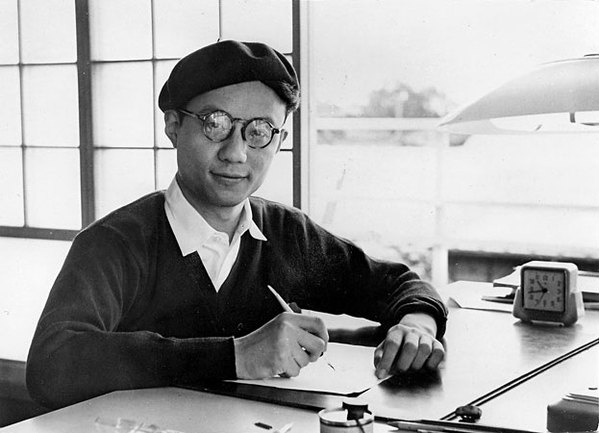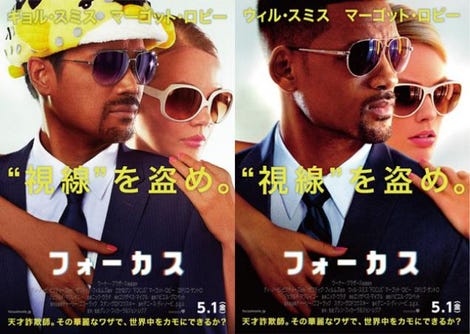Yeah...
I see it plausible more so the fact these animators went to film school for X years and I'm sure were well aware of Tezuka and his works. Just because someone didn't grow up in the era of being able to watch his works while growing up (or while not having the internet), it's assuming animators as "average Joes" that have no learning of film or animation and its pioneers.
It's like not knowing about a fairly significant war/battle in X time/place while being a historian of those topics. I find it quite impossible the animators didn't know of Tezuka, regardless of their age.
When Disney was making Pocahontas 2, the studio head (of Disneytoon, the B-tier studio responsible for the direct-to-video movies) told the director "You're making Pocahontas 2 next." The director asked "Can I have a copy of the original film, for reference?" and the studio head said "It's not out on VHS yet, so no. Have the script on my desk by the end of the week." So the director sighed, went back to the studio, and asked the animators "Have any of you seen Pocahontas? And if so, can you tell me what happened in it?"
It's not a given that
Disney animators have seen
the latest Disney movie.
Disney lawyers responded to the original "plagiarism" complaint by saying that Kimba had zero influence on The Lion King, which is an unfortunate statement since Kimba's influence was scientifically "not zero".
Matthew Broderick had seen the cartoon on American TV, and he casually assumed that Simba was Kimba, until he learned they were unrelated.
A tiny handful of people involved with the production said (in opposition to the lawyer's statement) that they were at least aware of the cartoon on TV, but that they don't believe it affected their work, as they were overwhelmingly inspired by Disney's Bambi (the groundbreaking animation that inspired Tezuka), by the paintings from their concept artists, by photos and reference material about Africa, and by actual live lions and lion cubs that were brought in to use as reference (same as how Bambi was put together). Nobody at 90's Disney needed Tezuka to show them "the Disney way" of drawing an anthropomorphized lion, because both of them were drawing from the same source, and 90's Disney was much closer to the original source. The idea for the Lion King apparently came about during the release marketing of Oliver & Company, another musical furry movie.
I don't think there's any reason to suggest that Kimba (or even Tezuka) was being taught in animation schools in America, not unless an animation school student claims that such a thing happened. I would say that with how determined people have been to prove the plagiarism accusation, this has already been looked into, but then I thought "Nah, the plagiarism accusers don't do research", but then I remembered that some of the plagiarism accusers
do research, it's just that their research is selective and cherry picked, and framed in dishonest ways.
Keep in mind, Osamu Tezuka's work was one of, if not, the first to be brought to America. Astro Boy was running on American Televisions starting in 1963, thanks to NBC. It's how Walt Disney knew about him.
If anyone's work from Japan was being mentioned in animation schools back before the 90s, it would have been his as the first choice.
Walt Disney was in the position of being the head of the company, researching trends to see what's popular, what the competition is up to, looking into children's books and other sources for ideas for stories to adapt... he was in the perfect position to find and acknowledge Tezuka.
The person in that position for The Lion King was Jeffery Katzenberg, and if he was looking at Japan in 1988 to see what the competition was doing, he wouldn't be seeing Kimba The White Lion, he'd be seeing Akira.





